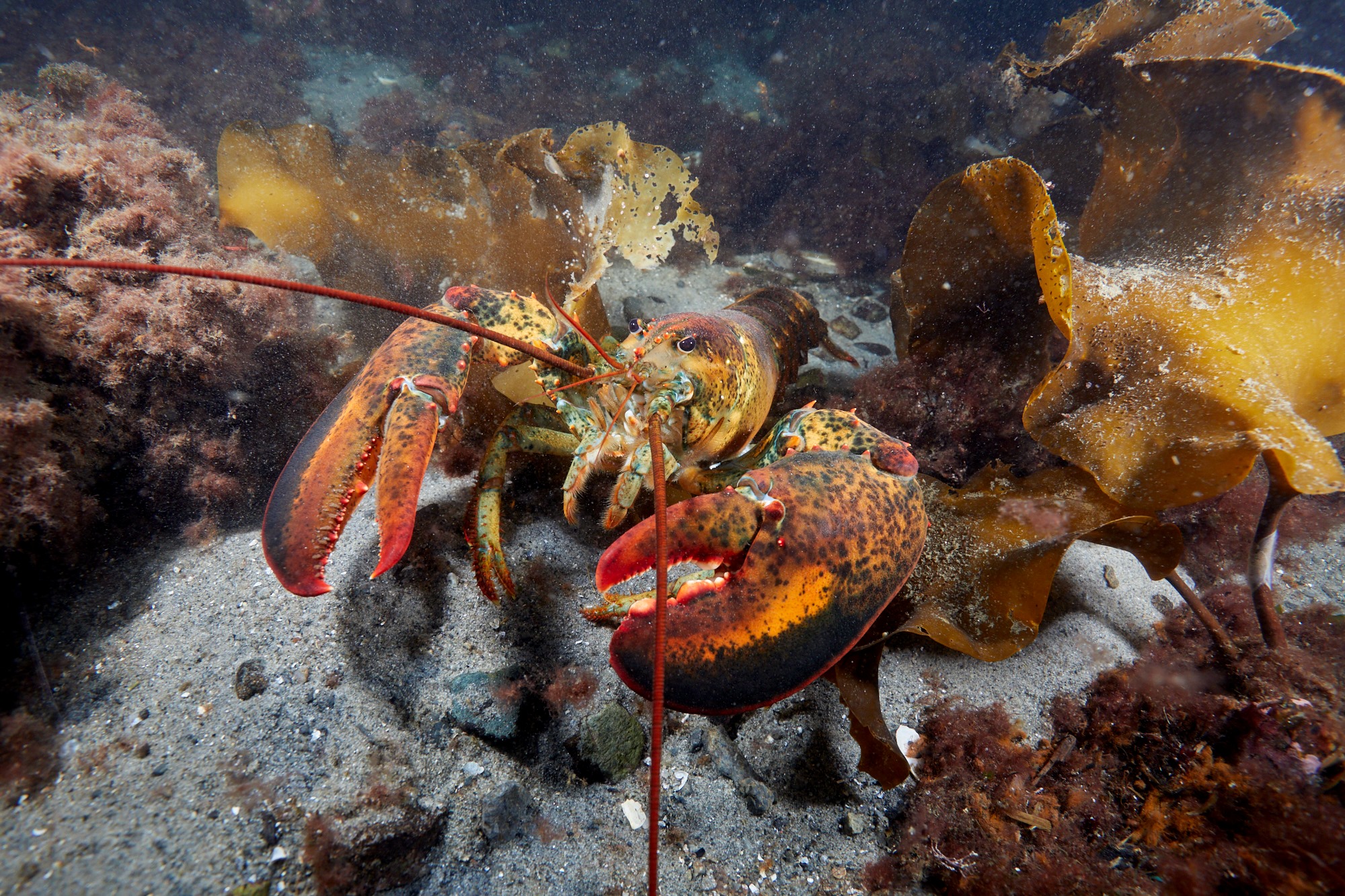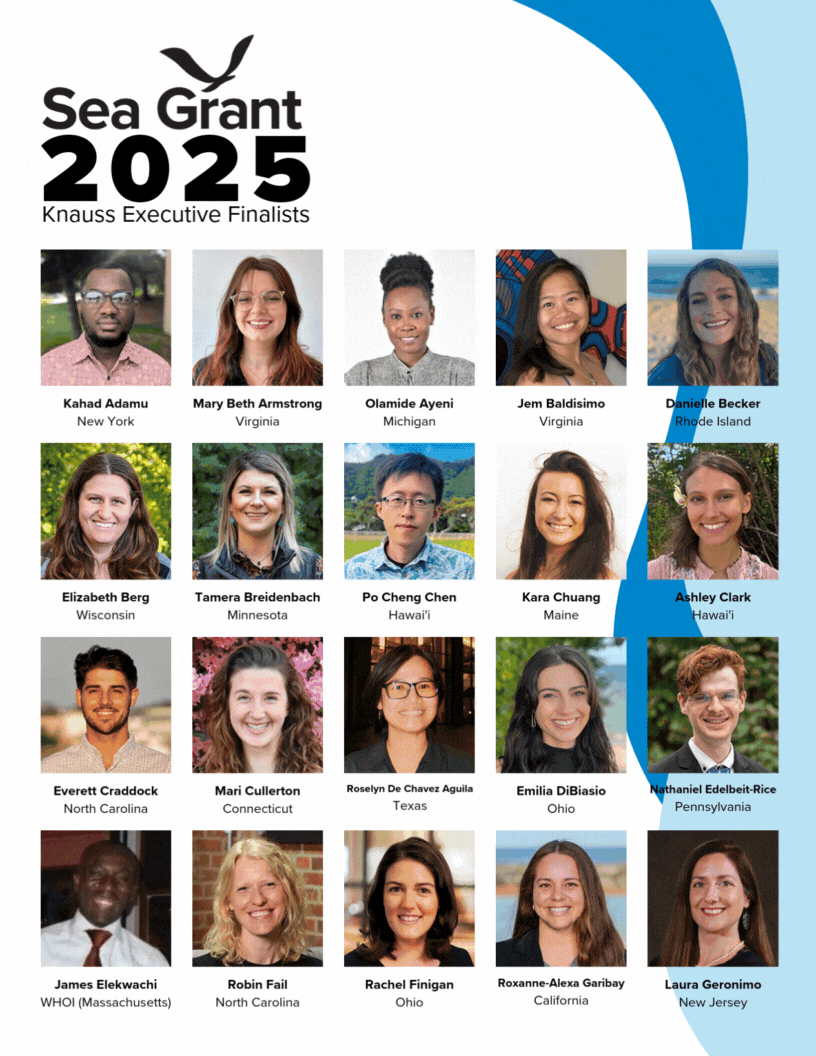By: Jennifer Le,
Knauss Ocean Exploration Fellow,
NOAA Office of Ocean Exploration and Research
Most recipes on the internet begin with a quirky story related to the author, recipe or dish. In a similar vein, this “recipe” is a step-by-step story about how baking has helped me, personally, work through my anxiety both during graduate school and the current pandemic.
1. Feed your starter
No one can avoid the topic of COVID-19, which pervades almost all aspects of our lives. It is the source of bubbling stress and anxiety for many as the news touts “social distancing” and “self-isolation”. These two themes are likely no stranger to graduate students, especially those in the throes of writing down words and ideas that have been fermenting for years.
2. Mix all your ingredients together
Personally, my anxiety was at its worst about a month or so before my dissertation defense. A combination of severe imposter syndrome, stress about moving across the country to start this fellowship and fear of failure were constantly swirling around in my head. It was easy to forget that people are more than what they do: the whole is greater than the sum of its parts.
3. Knead and proof your dough
So I did what I always do when my emotions get stretched a little too thin: bake. Whenever I feel unproductive in one aspect of my life, often academically, I turn to a different outlet for productivity: baking, usually bread. The process is just involved enough that I have to focus but still flexible enough to let me breathe. And while the dough is rising, it serves as my reminder that I can be productive without an immediate deliverable. For me, one of the hardest parts of graduate school was not always having a tangible outcome. But reading publications, going to seminars and meeting with colleagues wasn’t a waste of time; it was building a foundation for what was to come.
4. Bake and enjoy
And what was to come was a delicious loaf of sourdough (and eventually a dissertation defense that I was pretty proud of). The best part of therapy baking is getting to enjoy the labor of “loaf” with friends and family. The yeasty smell of freshly-baked bread never failed to lure my roommates into taking a break from their own work and sharing warm slices of sourdough. Food has a special way of bringing people together, especially derelict graduate students who will never turn down free food or an opportunity to commiserate. So, maybe, I write this slightly satirically. The real treasure of baking was more than a mental break but also the friends I made along the way.
In these unprecedented times of worry and panic, it seems like therapy bakes are what many people are turning to, since I can’t seem to find flour anywhere. If you do happen to have flour, here is my favorite recipe for sourdough adapted from King Arthur Flour.


